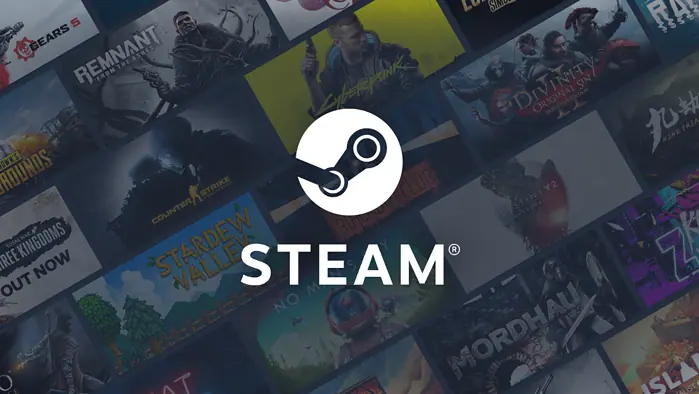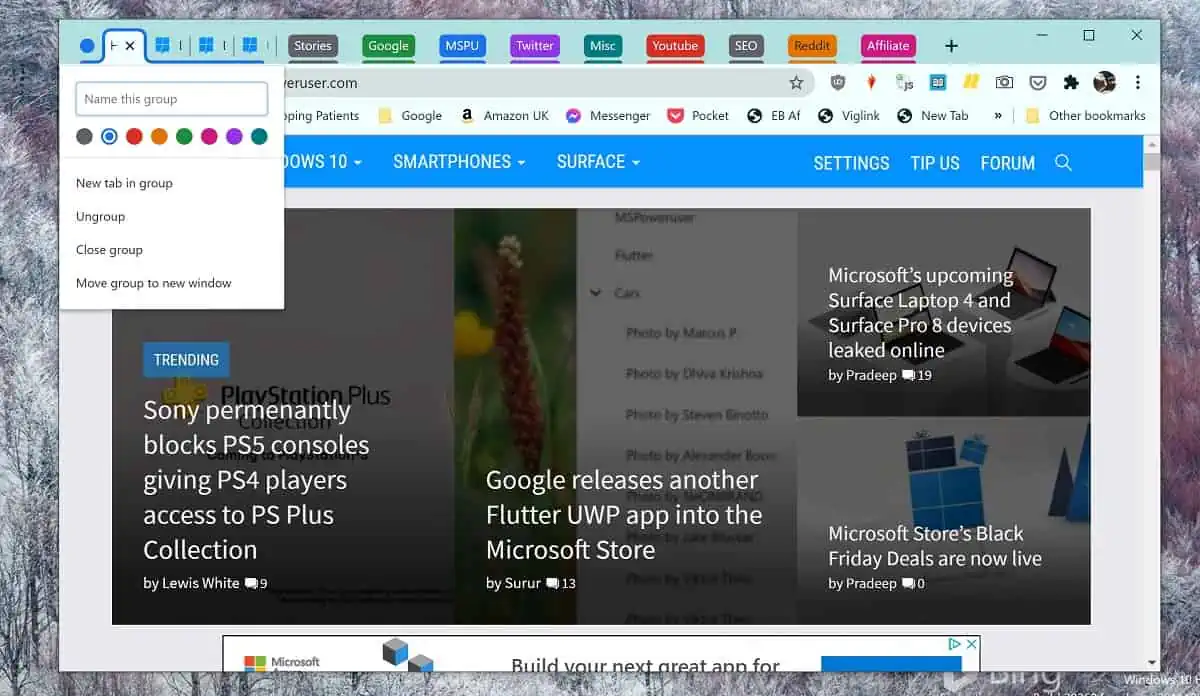Steam games won't make you watch unskippable ads for health bars or XP anymore
The company recently updates its dev's documentation
2 min. read
Published on
Read our disclosure page to find out how can you help MSPoweruser sustain the editorial team Read more
Key notes
- Valve has banned in-game ads as a revenue model on Steam, ending practices like watching ads for rewards.
- Ads for in-game rewards and charging other developers for Steam features are now prohibited.
- Product placement and cross-promotions are still allowed under certain conditions.

There are tons of so-called free games out there that make you watch 15 to 30-second ads in exchange for some health bar, skin, or ammunition on Steam. Now, you can say goodbye to those practices.
Valve, the company behind the popular gaming platform, has recently updated its Steamworks developer documentation to ban in-game ads as a revenue model on Steam.
The new rule prevents practices like requiring players to watch ads to continue playing or earn in-game rewards, similar to how it is on mobile games.
“If your game’s business model relies on advertising on other platforms, you will need to remove those elements before shipping on Steam,” Valve says.
The company also prohibits developers from using ads to provide in-game rewards and from charging other developers for access to Steam features like sale pages, bundles, and store listings. Product placement and cross-promotions, however, are still allowed under specific conditions.
“Games may contain real brands, products, personalities, etc as part of gameplay, provided such portrayals are not disruptive and are appropriate within the context of the game,” Valve mentions.
Valve, despite its dominance in the gaming industry, is surprisingly small, with just 336 employees in 2021, a fraction of companies like Ubisoft and EA. Though, it still generates more revenue per employee than tech giants like Apple, Facebook, and Netflix.
A comparison of internal figures revealed that Valve’s efficiency surpasses that of major players, with Facebook pulling in $780,400 per employee in 2018, and Valve’s figure exceeding that.
Previously, Valve has also banned all games using NFTs or cryptocurrency on the Steam platform, mentioning concerns over real-world monetary value. The guidelines now prohibit blockchain-based apps that issue or trade digital assets.








User forum
0 messages